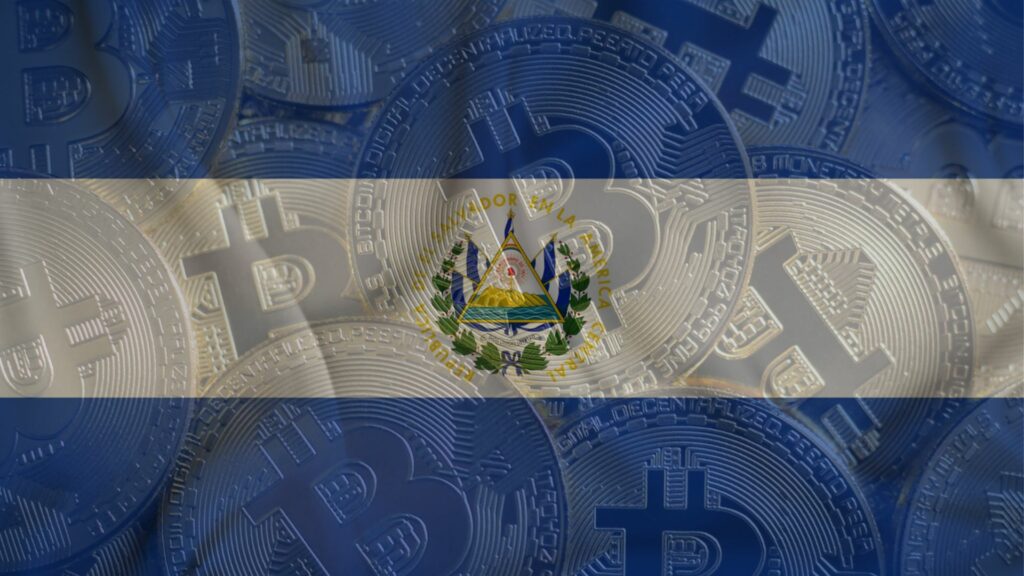El Salvador made headlines worldwide when it became the first country to adopt Bitcoin as legal tender in September 2021. Spearheaded by President Nayib Bukele, this bold move is part of a broader vision to transform the small Central American nation into a global digital finance hub. By embracing Bitcoin, El Salvador hopes to strengthen its economy, attract foreign investment, and empower its citizens, who have little or no access to traditional banking services.
El Salvador’s Journey with Bitcoin
Since that historic decision, El Salvador has continued to expand its Bitcoin initiatives. The government has launched several projects to bolster the country’s crypto infrastructure, including the creation of Chivo Wallet. This official digital wallet allows Salvadorans to store, send, and receive Bitcoin effortlessly. This wallet is a crucial part of the government’s plan to integrate Bitcoin into everyday transactions across the nation.
El Salvador's 🇸🇻 #Bitcoin wallet, Chivo, will be completely free to use.
— Documenting ₿itcoin 📄 (@DocumentingBTC) June 28, 2021
There are no commissions to send or receive remittances, to make or receive payments, or even to convert bitcoin to dollars or vice versa." says @NayibBukele. pic.twitter.com/YYyYxzVsFZ
In addition, the government has supported the rollout of Bitcoin ATMs nationwide, making Bitcoin transactions more accessible to the public. These efforts aim to embed Bitcoin deeply into the country’s financial system, offering a digital alternative to traditional banking.
The latest and perhaps most ambitious step in El Salvador’s Bitcoin journey is the plan to build “Bitcoin City,” a futuristic city entirely funded by Bitcoin and dedicated to blockchain technology and crypto innovation. This bold vision has captured global attention, with many wondering whether this project could redefine El Salvador’s economy and position it as a leader in the digital finance revolution.
Bitcoin City: A Bold Vision Backed by $1.6 Billion Investment
The concept of Bitcoin City was first unveiled by President Nayib Bukele in November 2021. The city is designed as an innovative hub powered entirely by geothermal energy from the Conchagua volcano and connected through advanced blockchain technology. Set to be built at the volcano’s base, Bitcoin City will feature a free-trade zone, residential areas, business centres, and state-of-the-art infrastructure, all integrated through blockchain.
JUST IN: 🇸🇻 El Salvador Announces $1.6 BILLION Private Investment – the biggest in the nation's history.
— Radar🚨 (@RadarHits) August 12, 2024
$1.6 billion investment by Yilport Holding will modernise the port at Acajutla and build a new port at La Union, where Bitcoin City is planned. pic.twitter.com/EAommu2RYO
To bring this ambitious vision to life, El Salvador recently secured a staggering $1.6 billion investment from foreign companies eager to participate in the creation of this global centre for crypto innovation. With these funds, the government plans to kickstart the development of essential infrastructure, including highways, energy facilities, and advanced internet connectivity.
Bitcoin City is not just about infrastructure; it’s also about talent and innovation. The government aims to attract top tech talent and companies from around the world to make Bitcoin City a hub for blockchain development and crypto innovation. This initiative is expected to accelerate global crypto adoption and create new job opportunities for Salvadorans, raising living standards and solidifying the country’s position as a key player in the digital economy.
Global Support and the Challenges Ahead
While there is a lot of optimism surrounding the Bitcoin City project, El Salvador faces significant challenges in realising this vision. Critics have raised concerns about the country’s ability to manage such a large-scale project, given the economic and infrastructural hurdles it still faces. However, with the substantial investment secured, the Salvadoran government is confident in its ability to overcome these obstacles and establish Bitcoin City as a model for future cities driven by blockchain technology.
The global community’s support has been evident, with several major tech companies and renowned investors expressing interest in being part of this pioneering project. They see immense potential in Bitcoin City, not just as a technology innovation centre but also as a unique tourist destination for crypto enthusiasts worldwide. President Bukele has even extended an open invitation to foreign investors to visit El Salvador and explore the opportunities firsthand.
That said, the project is not without risks. The volatile nature of Bitcoin, the uncertainty of global crypto regulations, and the challenges of attracting both investment and talent are significant factors that could impact Bitcoin City’s success. Nevertheless, with the Salvadoran government’s strong commitment and determination, many believe that El Salvador has the potential to fulfil its vision and become a leader in the global digital finance revolution.
In summary, El Salvador’s journey with Bitcoin has been nothing short of remarkable. From adopting Bitcoin as legal tender to now embarking on the creation of a Bitcoin City, the country is pushing the boundaries of what’s possible in the digital finance world. The next few years will be crucial in determining whether El Salvador can turn its bold vision into reality, and the world will be watching closely.

